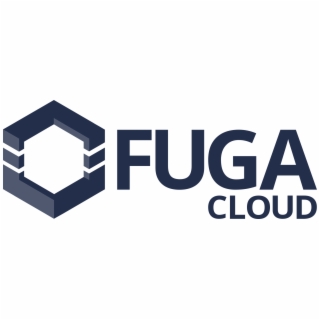State of the art of European Public Object Storage - Q2 2023
Go back to list
With the exponential growth of data and the increasing need for efficient storage solutions, object storage has emerged as a pivotal technology for organizations across various industries. For a long time, public Object Storage solutions were available only at the large scale providers, for simple usage such as huge-scale data storing or more sophisticated workflow such as data pipelines. In the past decade, most of the small and medium vendors started to get their infinite storage product, even Clouds only specialized in this domain appeared. The range of performance and pricing extended to create a very heterogeneous market.
This study aims to offer an up-to-date assessment of the European market for public Object Storage, highlighting key performance and pricing in the 2nd quarter of 2023.
Methodology
We measured the performance of Object Storage solutions with our in-house tool os-benchmark, it allows us to run several kind of workloads and configure them to match different aspect of storage usage. We elaborated 6 following scenarii:
- Backup: Upload throughput measurement
- Big Data: Download throughput measurement
- Big Data Multipart: Download throughput measurementusing HTTP Multipart
- Website AB: Very small files with large scale of clients
- Document AB: Small files with average size
- Video streaming: Simulation of video streaming
As a source location must be set, we chose to be as close as possible to the storage services and use the closest compute service as possible. For several reason it may not be the case:
- The provider doesn't own a compute service
- The available compute may not reflect the maximum performance of the storage
Cloud vendors
From the large variety of storage classification we selected what is the most standard storage class, generaly considered as hot.
Notes
As this study focuses on Object Storages, we don't imply CDNs, caches and load balancers solutions if they aren't mandatory. Also decentralized storage are unfortunately not part of the benchmark.

























